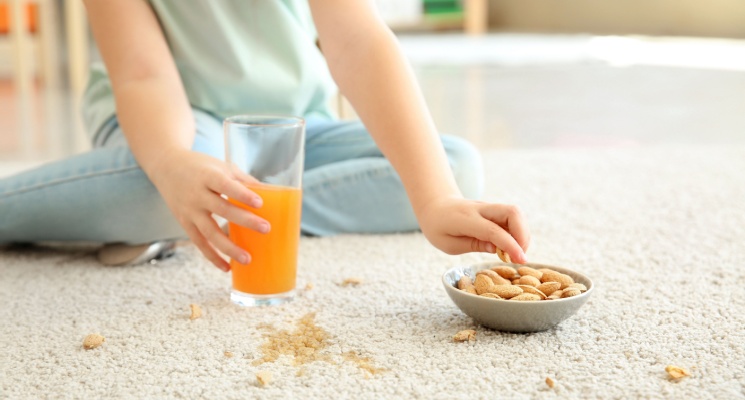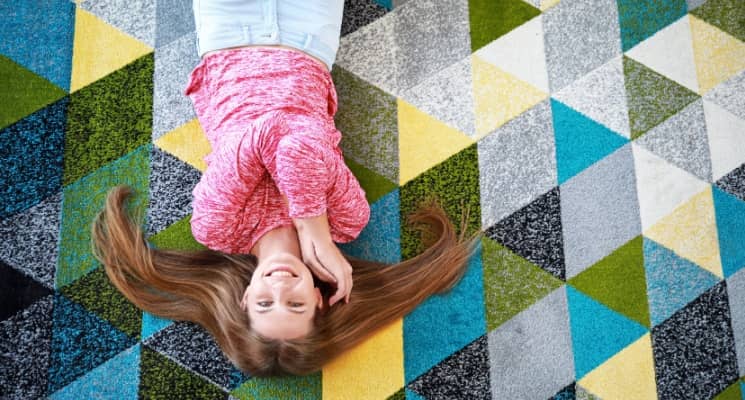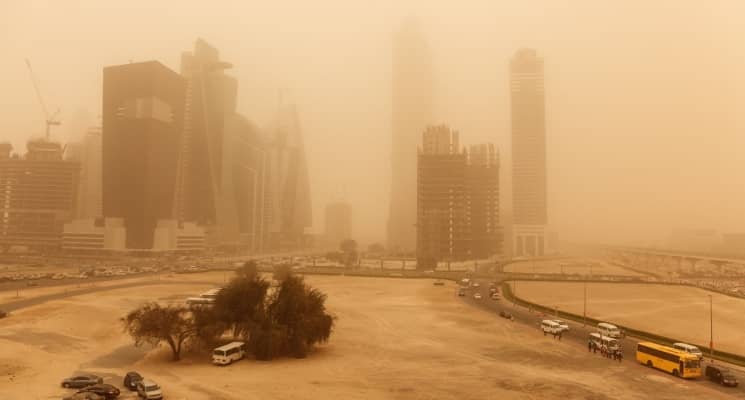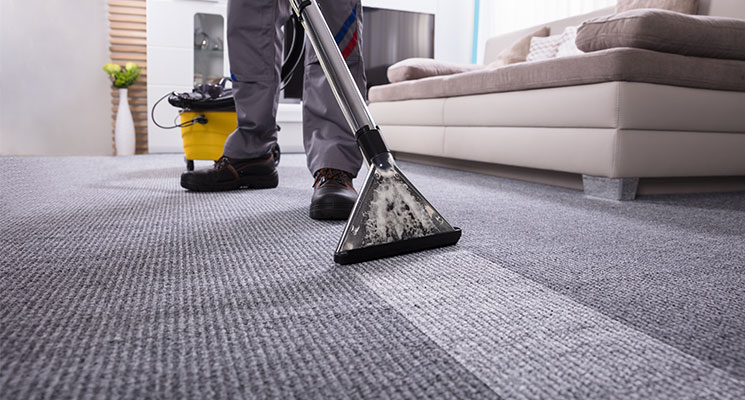The air inside your home can be just as polluted as the outdoor air, and one of the most overlooked contributors is your carpets. With Dubai’s harsh climate, carpet cleaning becomes even more important because those beautiful carpets also act like giant filters. They trap dust, allergens, bacteria, and pollutants. Ultimately, they can become a hidden source of poor indoor air quality that affects your family’s health and overall well-being. So, make sure to get them deep cleaned by a professional carpet cleaner regularly.
What Is Hiding in Your Carpet?
Even in a clean-looking room, carpets quietly collect everything, such as:
- Dust and fine dirt particles brought in from shoes
- Pollen that drifts in through open windows
- Pet hair and dander trapped deep within the fibers
- Food crumbs and drink spills
- Mold spores, especially in humid environments or under furniture
- Bacteria and germs, including those from dropped food or spills
Over time, these create a layer of pollutants that sit just beneath the surface of your carpet. That means they stop being air filters and start being pollution sources. You might notice the following in your household:
- Coughing or throat irritation
- Increased sneezing and allergy symptoms
- Persistent heavy air in certain rooms
How Dirty Carpets Affect the Air You Breathe
Carpets may look clean on the surface, but actually, they hold quite a mix of pollutants that directly impact the air quality in your home. The issue isn’t just what gets trapped in your carpet. It is what gets released into the air every time you walk, vacuum, or even sit down.
Here is a detailed look at how dirty carpets quietly undermine your indoor air quality:
1. Dust and Allergen Resuspension
Your carpet acts like a sponge, because it soaks up fine particles from the air and everything brought in from shoes. These include:
- Dust mites and their waste
- Pollen and plant particles
- Skin flakes and hair
- Textile fibers and pet dander
These carpets release tiny dust particles into the air. This can cause breathing problems and make conditions like asthma or sinusitis worse, especially for children, elderly people, or those with allergies.
2. Mold Growth from Moisture
Carpets are porous and highly absorbent. So, if there is a spilled drink or humidity, you have a problem. Basically, what happens is that any small spill seeps in below the surface and creates the perfect conditions for mold growth. After a while, you will notice a musty odor, which means the air is polluted and may cause:
- Respiratory tract issues
- Allergic reactions
- Asthma and bronchitis
3. VOC Gases from Chemical Residues
These gases come from paints, cleaning products, synthetic materials, and glues used in carpets. Over time, carpets absorb these gases and then slowly release them back into the air. In places with poor ventilation, these gases can build up and cause symptoms like headaches, dizziness, and nausea.
4. Microbial and Bacterial Pollution
Carpets are also great places for bacteria from sources such as:
- Dropped food particles
- Foot traffic from public spaces
- Animal waste or pet saliva
- Dirty water from ineffective cleaning methods
As a result, certain bacteria can thrive in the fibers if conditions are right. With time, these microorganisms can become airborne or transferred to hands and skin. That impacts not just the air, but also surface hygiene in your home.
5. Overload on the HVAC System
As carpets hold onto dirt, they contribute to the overall dust load in your home’s environment. That means more pollutants getting sucked into your HVAC system and less efficient airflow.
Dirty carpets indirectly cause:
- Faster clogging of air filters
- Lower heating and cooling efficiency
- More frequent HVAC maintenance needs
- Circulation of stale, dusty air throughout the home
Besides affecting the indoor air quality, it can also raise your electricity bills and shorten the lifespan of your ventilation systems.
6. Odors
Even if the air is technically clean, odors trapped in your carpet fibers can give the impression of poor air quality. For instance, odors due to:
- Pet accidents
- Smoke residue
- Spilled drinks or food
- Mildew from unnoticed leaks
These odors become part of the air you breathe. You may even have plug-in air fresheners, but they only mask the problem. Unless addressed at the source (the carpet), the space continues to feel stuffy and uncomfortable.
Conclusion
Maintaining clean air indoors starts with regular carpet care. While vacuuming several times a week and addressing spills quickly ensures your carpet remains clean, getting your carpet cleaned every 6 months is essential to get rid of accumulated dust, allergens, and bacteria buildup. So if you haven’t had one in a while, it may be time to schedule it.
To get professional carpet cleaning in Dubai, just go to the ServiceMarket website. Remember, it is not just about hygiene, it is about having a comfortable and healthy space where your family can truly breathe easier.







